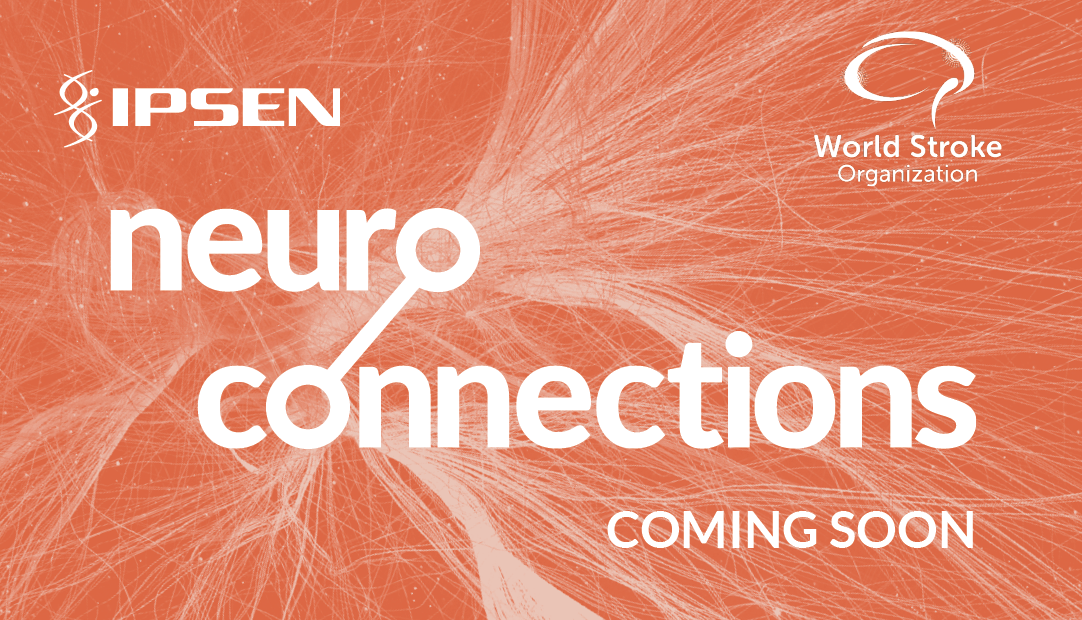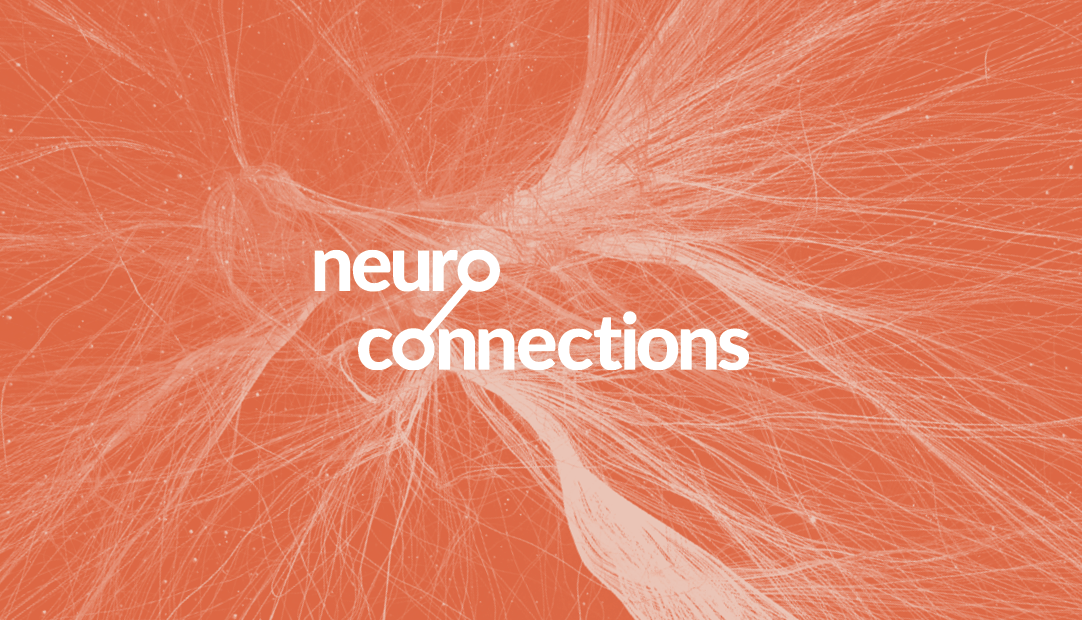Assessing the benefits of early intervention in post-stroke care

With over 12 million people a year experiencing a stroke globally and over 100 million living with the effects and consequences of stroke, the burden of stroke is high and set to increase.
Thankfully with advancements in acute stroke care, more and more people are surviving strokes, but the range of potential complications they face – including spasticity speech & language difficulties, and cognitive problems – can be life-changing and result in socio-economic consequences for patients, their families, healthcare systems and wider society.
Globally, the indirect costs of stroke – resulting from lost productivity, early retirement, and the burden of informal care upon caregivers – are substantial, for both high- or low-income countries. Improvements in early intervention and rehabilitation are essential to support better patient outcomes. Studies show that early rehabilitation improves physical function, reduces longer-term complications, and enhances stroke survivors’ daily living.
Early intervention and treatment can be particularly effective in preventing long-term movement complications. Achieving improved outcomes such as these enhances stroke survivors’ quality of life and reduces the long-term strain on healthcare resources. Conversely, delayed treatment can lead to increased pain, reduced mobility, and greater long-term care needs – ultimately driving up costs. In particular, evidence demonstrates that prompt spasticity treatment and physiotherapy can significantly reduce overall costs compared to standard care, resulting in fewer hospital readmissions and lower outpatient expenses.
A key goal of public healthcare systems is to reduce the burden of care following a stroke. This includes minimizing hospital readmissions, freeing up essential resources, and providing respite for family caregivers. Caregivers often shoulder a significant burden, impacting their own well-being and finances, with an often substantial emotional and physical toll that can lead to issues such as chronic fatigue, sleep disturbances and mental health challenges. This can lead to reduced work hours, lost productivity, and increased financial strain for both families and healthcare systems. Investing in early post-stroke care can improve patient outcomes and significantly alleviate this caregiver burden.

As a community, we need to advocate for, and adhere to, policies and guidelines that prioritize timely and comprehensive post-stroke care and rehabilitation to reduce costs, improve patient outcomes and support caregivers. To demonstrate Ipsen’s commitment to this, we’re launching Neuro Connections, a new vodcast series developed in collaboration with the World Stroke Organization, that explores the consequences of sub-optimal post-stroke care and identifies potential solutions to improve patient outcomes.
Investing in effective post-stroke care is a societal investment with significant returns in improved health, economic stability, and overall well-being, ensuring a brighter future for stroke survivors and their families.









